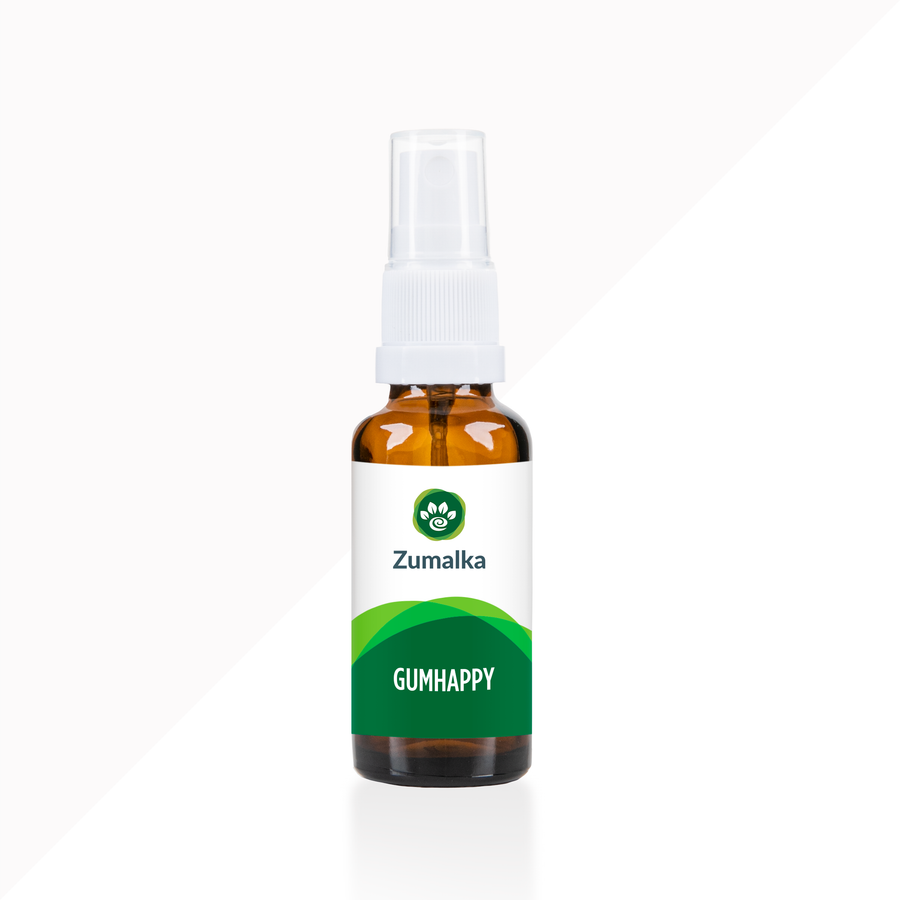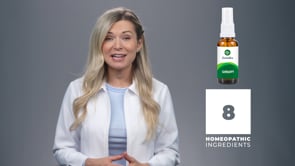Keep Your Senior Labrador Retriever Looking Sharp: Expert Grooming Tips
Providing your senior Labrador Retriever with proper grooming is crucial in giving him the quality of life he deserves during his golden years. Akin to the absence of a correct diet and regular exercise, your older dog's health could be seriously at risk if proper grooming isn't on your pet care checklist.
We've put together this blog post to not just walk you through the possible health concerns your senior dog could be in for without the right grooming, but also get you in on simple and practical tips on how to successfully pull the whole thing off. How about we get right to it without further ado?
Why Your Senior Dog Needs Regular Grooming

Unlike what a lot of people mistakenly think, giving your senior dog a regular grooming session is not just about aesthetics. While proper grooming does help take your pet's looks up a notch, it is also actually aimed at keeping health problems in check.
Given your dog's age, he should live out the rest of his years in comfort and not be bothered with health issues like chronic skin irritations, gum disease, and severe matting of the coat. And while this may sound surprising, these health concerns are just some of the "milder" problems that your aging Lab could be prone to.
Your Older Dog's Skin and Coat May Be In Danger (And More)

Perhaps the biggest misconception about the need to groom dogs is that they will only be prone to dry skin that have sensitive areas and an entangled coat. While these wellness concerns are true, failing to give senior dogs regular grooming sessions can actually lead to more health problems.
These can be anything from mobility issues and setbacks with your aging dog's teeth to trouble standing and possible hearing loss. We will give you a rundown of what these health concerns are that will significantly affect your dog's comfort in the next part of our discussion.
The Risks of Not Giving Older Dogs the Grooming They Deserve

As we've emphasized earlier, an old dog without proper regular grooming can be vulnerable to more than just dead skin as well as fur and hair growing in an unruly manner. The following are the health issues that your old dog may be in for if you're neglecting his grooming needs for long periods:
Tangled hair and matted coat
Sure you may think that we've repeated this one lots of times already, but it's very important to stress this problem over and over since it is the most common indicator of poor grooming. It's often associated with skin conditions as well.
While a matted coat and tangled hair may not be that serious when related to your aging Lab's younger counterparts, this can mean underlying health issues in old dogs. Let's make this one our first reminder of why being a responsible groomer of a senior dog is a must.
Increased vulnerability to parasites
If you don't remember the last time, you gave your old dog a thorough grooming session, then it's highly likely that he may already be suffering from a skin condition brought about by parasites. Old dogs often hide their discomfort during these situations, which makes them all the more alarming.
These include fleas, ticks, mites, lice, and other unwanted visitors that may take advantage of the lack of grooming of your older dog. And just to make things even worse, these external parasites can also carry diseases that can be transmitted by dogs to humans like typhus and Bartonellosis.
Gastrointestinal issues

While we're on the subject of parasites, here's another thing you should know about. A senior dog that hasn't been given the grooming sessions he really deserves on a regular basis can be quite vulnerable to internal parasites that disrupt his gastrointestinal function.
These include whipworms, hookworms, tapeworms, heartworms, and roundworms, just to name a few. A common indicator that these parasites have already managed to sneak inside your older dog is that your pet will lose weight without warning.
Difficulty in regulating body temperature
When you groom your old dog, it basically involves the trimming and regular brushing of his coat. This gets rid of any dead skin and unruly hair that may affect his ability to stay cool or keep warm, depending on the situation.
Senior dogs commonly have trouble regulating their body temperatures at times due to the physiological changes they are going through. This can be aggravated if you don't properly groom them as you should. Moreover, their risk of having either heat stroke or hypothermia will rise as well.
Rashes and irritations
When you act as a responsible groomer for your old dog, you are doing away with the build-up of dirt, germs, and other gunk that may have accumulated on his body. These can take away the skin's natural oils and set off skin irritations and rashes sooner or later.
It's even possible that these rashes and irritations in senior dogs can also become infected if not properly dealt with. Canine superficial pyoderma is one of the most common issues that your older dog's skin can be prone to when this happens.
Overgrown and ingrown nails (and ultimately joint pain)

The lack or improper grooming in older dogs, especially when it comes to nail trims, can lead to more than just unsightly knotty nails. It can also trigger a drastic change in the posture of your senior dog, which can eventually progress to chronic joint pain.
This pain or discomfort in the joints can potentially result in degenerative disease in older dogs, particularly targeting the knees, elbows, hips, and shoulders. Affected dogs may even be at risk of having lame or deformed limbs if this is not taken care of in the soonest time.
Increased susceptibility to gum disease and tooth decay
Although it is true that brittle teeth can be a problem as dogs age—specifically due to their reduced ability to absorb nutrients like Vitamin D and calcium—this risk becomes higher if you don't brush your pet's teeth as often as needed.
Apart from tooth decay, your senior dog can also be prone to gum disease, abscesses, and inflammation if his oral hygiene is neglected. Failing to brush and clean your pet's teeth at least once every two days even leads to heart failure in extreme cases.
Is Grooming Older Dogs Costly?

One of the biggest arguments against regularly grooming a senior dog is the cost. If we're being honest, you'll need to get your hands on a few essentials to successfully pull the whole thing off. You can check them out below:
The things you'll need for your senior dog grooming sessions
-
A durable brush
-
A comb that can be maneuvered using gentle strokes
-
Shampoo (or medicated shampoo) and conditioner
-
Nail clippers
-
A no-slip mat for bathing and washing
-
A stand for your senior dog grooming stuff
-
A cotton ball or gauze pad bag
How the benefits outweigh the costs in a long shot

Now we've got that covered, let's discuss two (2) key benefits of grooming an old dog in a consistent manner. You'll find out why dishing out a few bucks for grooming essentials for your senior pet is really worth it in just a bit.
First, it helps increase the resilience of your aging canine companion against disease and illnesses. Vet bills and similar expenses can get rather steep—to the tune of hundreds or even thousands of dollars—especially when the senior dog health issue concerned is already becoming severe or has reached an acute state.
Second, you don't need the services of a professional groomer each time your old dog needs a hair brushing or nail trimming. Most of the grooming needs of senior dogs can be easily done at home with just a bit of effort and patience.
Must-Know Senior Labrador Retriever Grooming Tips

So without further ado, here are the things you should keep in mind if you're looking to become a better groomer for your older dog:
#1. Regularly examine your dog's hair.
The biggest reason why you need to regularly brush the hair of your senior dog is that it gives you an overview of his coat's state of health at a quick glance. Besides immediately spotting problem areas like knots, tangles, and matting, regular brushing also helps release natural oils that keep his hair strong and healthy.
Remember to only buy a durable brush for this application.
#2. Bathing is essential (but should not be excessive).
Giving your old dog a bath gets rid of any dirt and gunk that may have clung to his skin, hair, and ears. These can possibly cause soreness and itching in your dog's coat and ears (and even hearing loss!) if not removed in a timely manner.
The ideal frequency as regards bathing your old dog is once every 1 to 3 months. Important areas to check in senior dogs include the inside of the ears, in between the toes, and the underside of the tail. Using warm water and a hair dryer afterward is also recommended to avoid acute moist dermatitis or "hot spots."
Warm towels take the comfort of your old dog up a notch as well. Make sure you dry your pooch as thoroughly as possible since a wet dog can be prone to itching and similar discomforts. Topping the whole thing off with a brush or two is a must.
#3. Proper oral hygiene is a must.
Brushing your senior dog's teeth is crucial when you take on the role of his groomer. The overall strength of your pet's chompers is not the same compared to his younger years. Old age can make the teeth brittle and the gums easily prone to disease.
A thorough brushing for at least two minutes already helps get rid of food debris and other gunk that can cause oral health concerns. Most senior dogs may not like having their pearly whites meddled with so be extra patient and gentle while doing this.
#4. Have your pet's nails trimmed or cut frequently.
The nails of an old dog can grow quickly and will interfere with his walking and running if not immediately taken care of. We recommend trimming them every 4 weeks to give your dog's feet better traction.
One quick hint that you should already groom the nails of your older dog is that they will make a "clicking" sound on hard floors. Your senior dog will also have an awkward pose when getting ready to stand up.
#5. Pay close attention to your dog's eyes and ears.
Being a good groomer of older dogs involves being very thorough with even the smallest details. And you could easily miss a lot of things in and around your aging pet's ears and eyes if you're not careful. It doesn't hurt to spend a few couple of minutes just to make sure no gunk or debris is still present.
#6. Professional grooming is worth the extra bucks.

There are certain aspects of professional grooming for older dogs that you cannot do at home. And instead of putting your old dog at risk of injury, you can just hire the services of an expert groomer to get the job done. This is especially recommended for an older dog that already has special needs.
#7. Don't hesitate to reach out to your vet or pet health expert.
Consulting a vet or wellness pro for dogs can provide you with extra insights on how to groom your aging pooch better. Grooming senior dogs is not just about having the right stuff, but also knowing the proper way how to do it. And given their knowledge and expertise, these professionals can contribute a lot.






Leave a comment